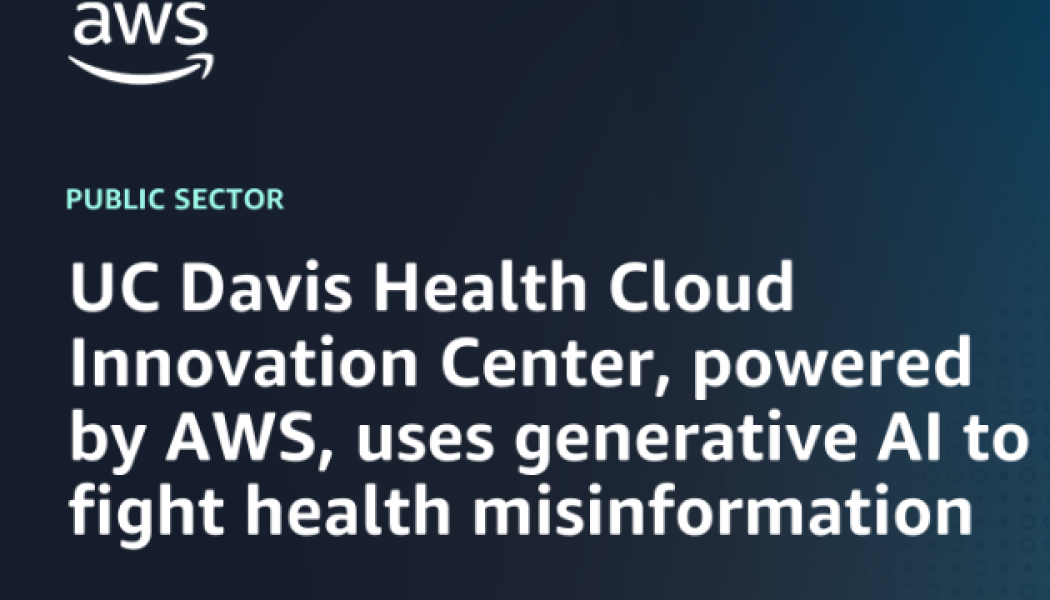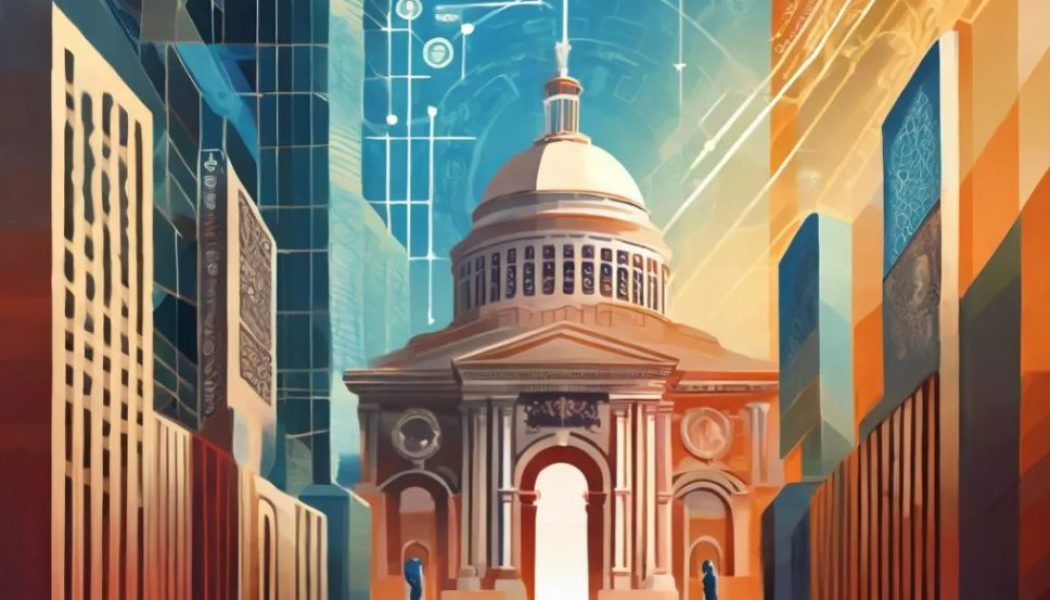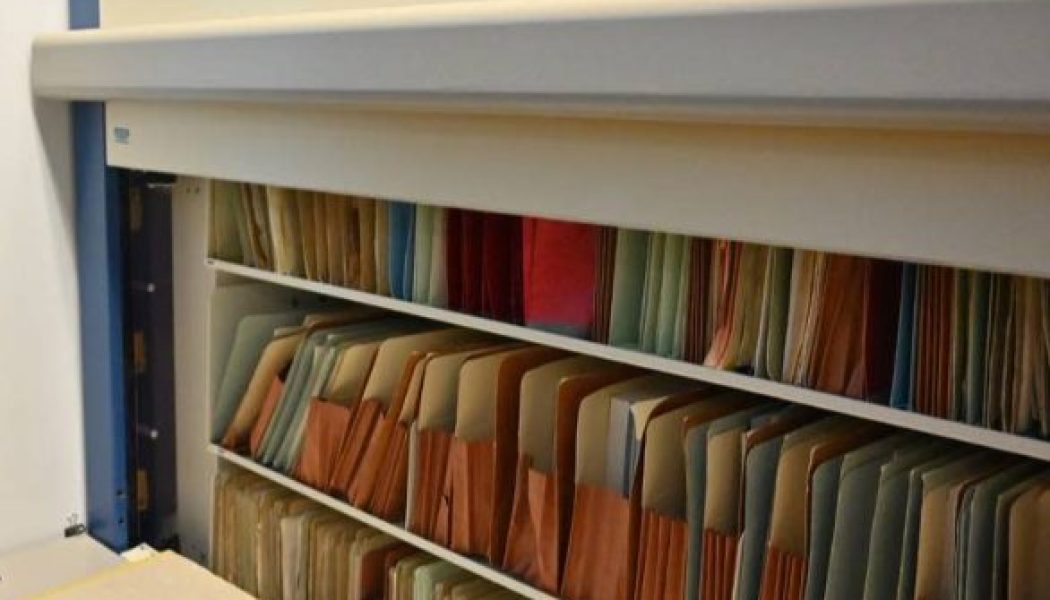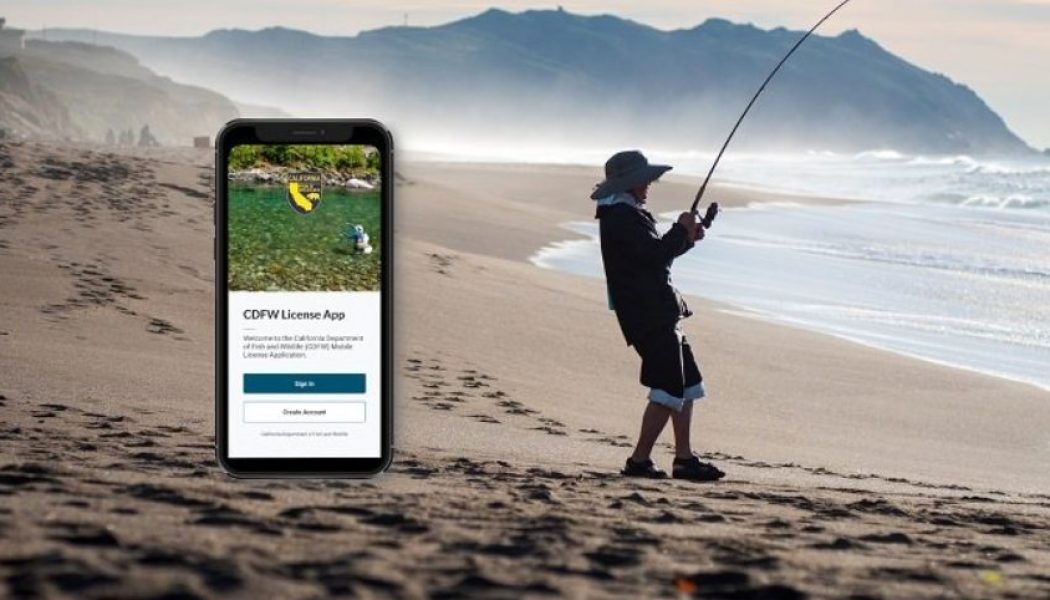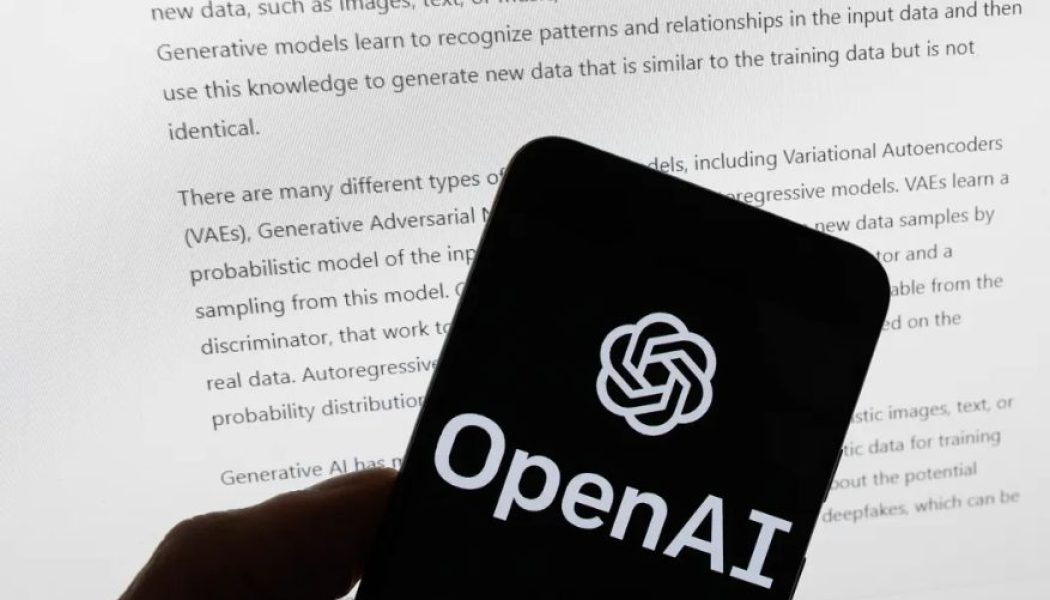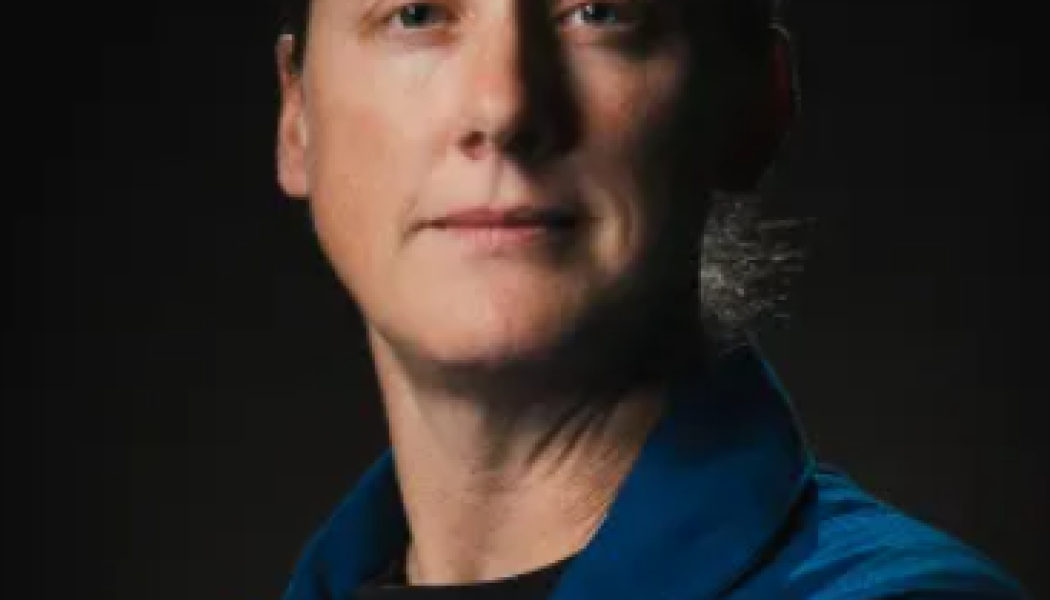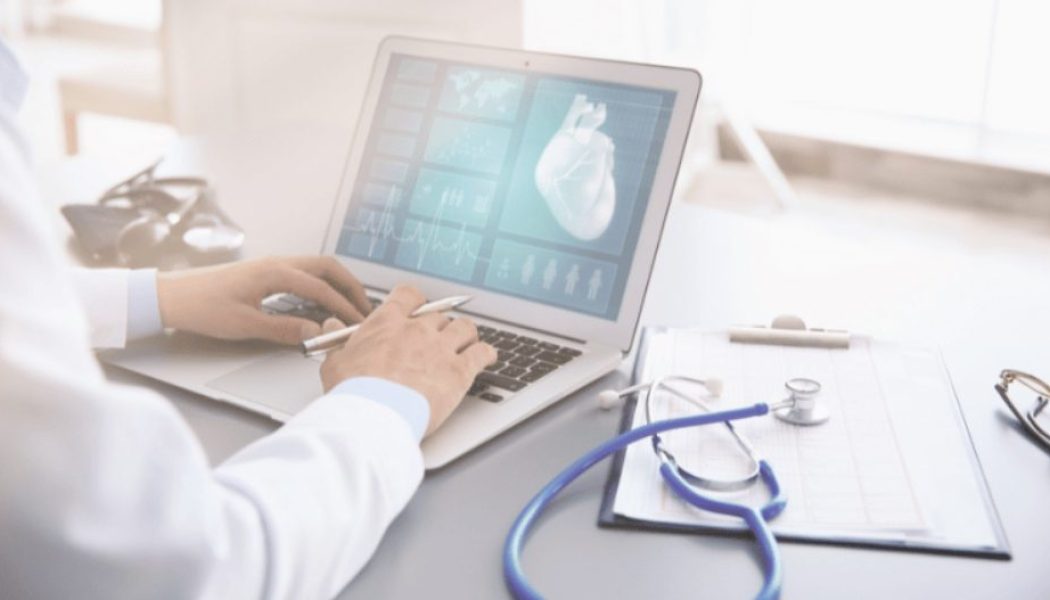Providence Technology Group
UC Davis Health Cloud Innovation Center, powered by AWS, uses generative AI to fight health misinformation
Former National Institute of Allergy and Infectious Diseases (NIAID) Director Anthony Fauci called health misinformation “the enemy of pandemic control.” Around the US, public health officials are grappling with how to keep their communities safe from the potentially deadly effects of medical misinformation, disinformation, and malinformation. Misinformation is false or inaccurate information spread in error, regardless of intent. Disinformation is misinformation that is knowingly or intentionally spread by bad actors. Malinformation is information based on fact but purposely taken out of context to mislead others. Keep Reading This Article at the AWS Blogs
CalMatters’ Digital Democracy fuses journalism, AI and data to supercharge legislative transparency for California
CalMatters’ Digital Democracy is a powerful new way for Californians to understand and participate in their state government. Digital Democracy is: A searchable database where anyone can access information to better understand issues. A website that brings state government to life for the public. A smart AI tool that searches the data and generates news tips for journalists. “As a journalist who has been watching the California state government for nearly 30 years, it’s clear to me that the politicians and the decision-making process have become more opaque,” says David Lesher, CalMatters co-founder and senior editor, who’s leading the Digital Democracy initiative. “The transparency created by Digital Democracy is about how the people we elect are weighing the special interests and the pub...[Read More]
‘Digitizing is the future’: California’s water rights system needs to be brought into the 21st century
In the Records Room of the CalEPA building in Sacramento are some of the most important documents in the entire state of California. Some date back to 1914. “Our files are organized in ascending order,” explained Matthew Jay, an analyst with the State Water Resources Control Board. “The oldest documents are at the bottom and so you can see that some of the stuff is all typewritten and in a lot of cases, handwritten.” The papers are what’s known as water rights – the backbone of life in California and its multitrillion dollar economy. Water rights are official documents validating who has the authority to take water, from where, and how much of it. Keep Reading This Article at the abc10.com
CDFW introduces license application for mobile devices
The California Department of Fish and Wildlife (CDFW) recently announced the launch of the CDFW License App for mobile devices. The new application allows residents and nonresidents to display California sport fishing licenses and validations on their mobile phones and other mobile devices in lieu of a physical license. Users may also download and view various CDFW online resources, including hunting and fishing regulations booklets, the Fish Planting Schedule and access the Online License Sales and Services website. Keep Reading This Article at the Escalon Times
If California government wants to use AI, it will have to follow these new rules
As artificial intelligence technology advances, state agencies would like to make use of it. California as of today is one of the first states with formal rules for government departments to follow when buying AI tools. The guidelines introduced this week are the product of an executive order aimed at challenges and opportunities from generative AI by Governor Gavin Newsom late last year. Generative AI produces text, imagery, audio, or video from simple text prompts. Since the release of ChatGPT in fall 2022, the technology has triggered fear of job loss, election inference, and human extinction. The technology can also produce toxic text and imagery that amplifies stereotypes and enables discrimination. Keep Reading This Article at CalMatters
Women in Leadership: Carmen Marsh
Carmen Marsh can say something with confidence that many can’t: She always enjoys her jobs. Twenty-five years ago, she found her passion for technology and has stuck with the profession ever since. She now ensures other women have a chance to discover this passion as the president and CEO of United Cyber Security Alliance, a Roseville-based nonprofit she founded in 2020 that provides a platform for women to learn and advance in cybersecurity. Originally from Sweden, Marsh is also the CEO and managing partner of Inteligenca, a cybersecurity risk management consulting company she co-founded with Paula Dube in 2017. Inteligenca serves small businesses that lack the big budgets to buy expensive software or the in-house staff to maintain security safeguards. “Paula and I understood that there’s...[Read More]
One of NASA’s newest astronauts is a pilot from California. Will she make it to the moon?
Jessica Wittner is getting some deserved time off — just a day or so to decompress with family before jumping back into the work of being one of NASA’s newest astronauts. “I’m filled with excitement and energy right now,” Wittner told The Bee in a phone interview Tuesday, following a graduation ceremony at Johnson Space Center in Houston. This is the dream scenario for the Clovis native and Buchanan High School graduate. She was 12 when she first verbalized wanting to be an astronaut. She joined the U.S. Navy after graduation and became an aviation mechanic. She earned a Bachelor of Science in Aerospace Engineering from the University of Arizona and a master’s degree from the U.S. Naval Postgraduate School. Keep Reading This Article at MSN.com
Some Hydrogen Car Owners Are Still Waiting for the Future to Arrive
Debra Snell thought she did her research. Before she and her husband signed the paperwork on their new red Toyota Mirai last March, they went to a hydrogen fueling station near their home in Grass Valley, California, northeast of Sacramento. There, on two consecutive weekends, they interviewed members of a small but proud group: drivers who, attracted to environmental benefits, low price tags, and automaker and state incentives, took a chance on the first hydrogen fuel-cell electric vehicles (FCEVs). “We got mostly very good reviews,” Snell says. After years of promises, drivers and salespeople told her, hydrogen fueling was really coming together. The Snells, who are retired, care about the environment. When they bought the hydrogen fuel-cell car, “we felt like it was a really pioneering ...[Read More]
Accelerating The Exchange Of Health And Human Services Data To Improve Outcomes And Disrupt Inequities
The exchange of health information is at the core of national efforts to transform our health care delivery system to generate value for patients. Over the last few years, the federal government, alongside many states, has worked to enable not only the exchange of data, but also the practical use of the data to improve outcomes and disrupt the deep inequities in our health care system. These disparities in outcomes were further exposed during the COVID-19 pandemic and in many communities fueled the spread of the virus. As we look to build back better from the pandemic, and as we drive greater connections between disparate systems—health care, public health, and social services— we have a unique opportunity to leverage the power of health information exchange to improve how we work together...[Read More]
Samsung Semiconductor Opens New Folsom Location
Samsung Semiconductor has announced the opening of its newest office in Folsom. The news of the tech giant planting roots in the city came Thursday afternoon as Folsom Mayor Mike Koslowski closed his 2024 State of the City speech to a sold out crowd at Lakeside Church. “We’re excited to announce that Samsung Semiconductor is opening a brand new office, right here in Folsom,” said Koslowski. “This strategic move strengthens Folsom’s position as a city of choice for businesses and allows the city to harness local talent, fueling innovation in the semiconductor industry.” Koslowski shared that the facility will, “contain an research and development (R&D) hub like no other,” featuring an Advanced Compute Lab and an Advanced Controller Development team. Keep Reading This Article at the Fol...[Read More]
Can health systems afford AI talent?
Health systems are rapidly incorporating artificial intelligence into their operating models and clinical care delivery. Many are partnering with digital health companies or pioneering AI-driven EHR applications with external tech support. Others are building internal teams to set their artificial intelligence strategy and propel their organizations into the future. Many of the AI positions are garnering six-figure salaries, which can be tough for hospitals and health systems to manage with tight margins and multiple strategic priorities. But as AI becomes more ubiquitous in healthcare, can systems afford not to invest in it? Keep Reading This Article at Becker’s Hospital Review:
UC Noyce Initiative advances digital innovation
Learning more about women’s brains, protecting the grid from cyberattacks, exploring the capacity of quantum computing — these are transformational research projects being pursued because of a new, five-campus, University of California consortium called The UC Noyce Initiative. The UC Noyce Initiative brings together researchers from five UC campuses — Berkeley, Davis, Irvine, San Francisco, and Santa Barbara — by building community and providing financial funding for cross-campus research projects in digital innovation. Current funding priorities for the Initiative are computational health (i.e. generative artificial intelligence applied to health and life sciences), cybersecurity and quantum computing. Keep Reading This Article at University of California

